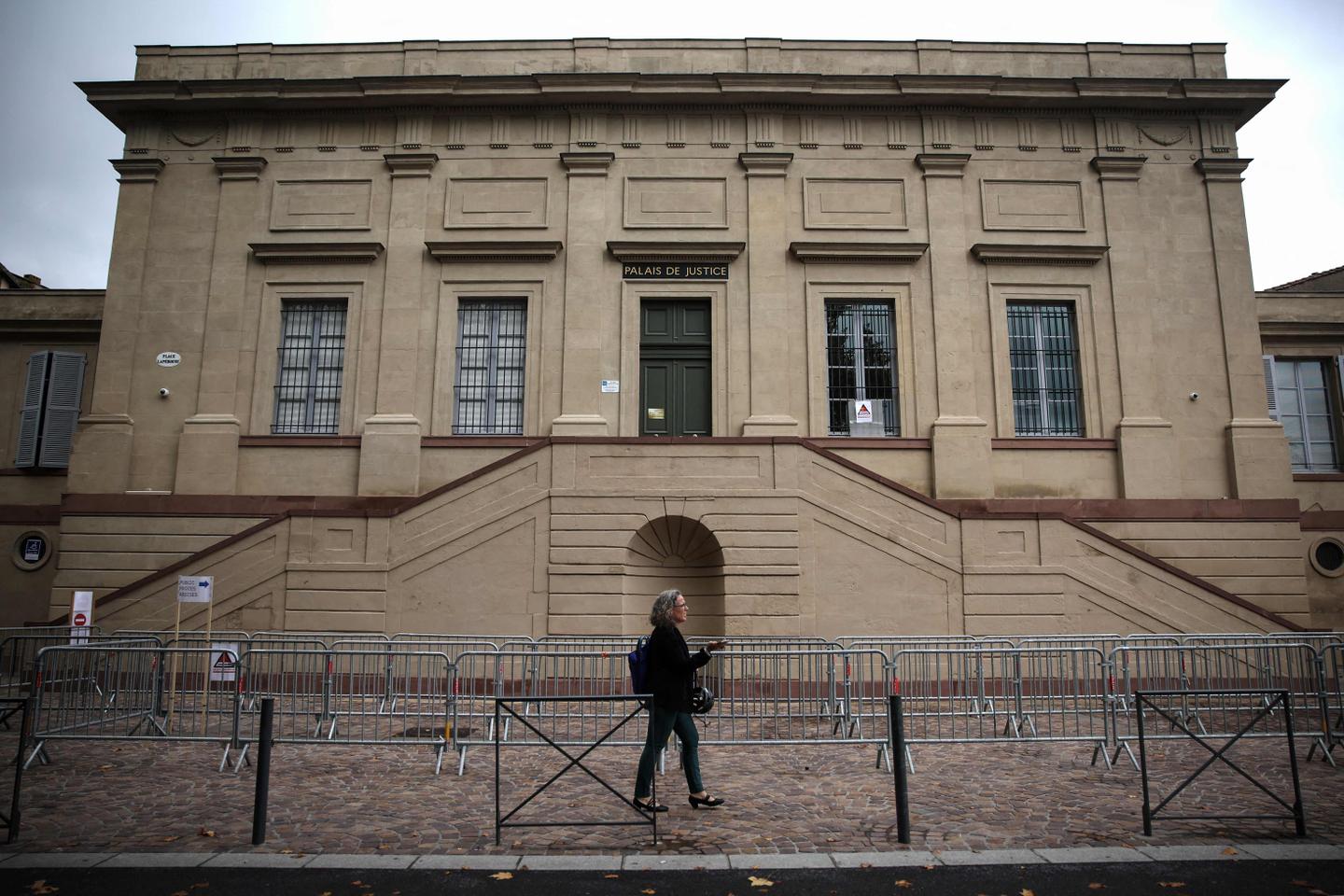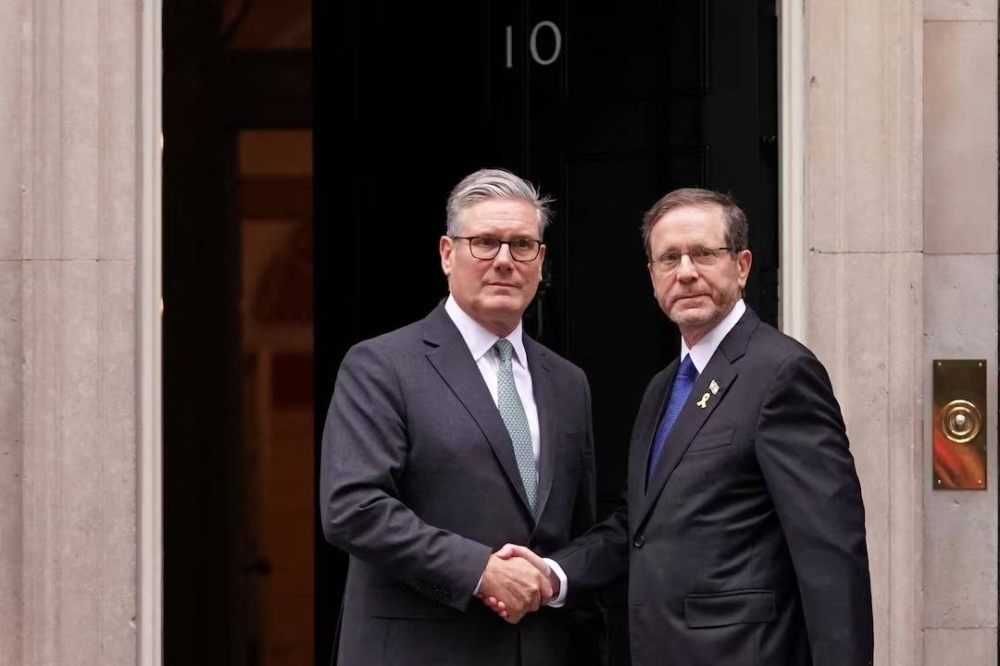French Man on Trial for 1994 Cold Case Murder of Schoolgirl
Pascal Lafolie, 58, is on trial in France for the 1994 murder of 17-year-old Nadège Desnoix. The case remained unsolved for decades until DNA evidence linked Lafolie to the crime. The trial began on Monday, September 22, in Laon, with a verdict expected on Thursday.
The Unsolved Murder of Nadège Desnoix
Nadège Desnoix's body was discovered in May 1994 near her high school in Chateau-Thierry. Investigators found no conclusive evidence at the time, despite examining numerous leads, including her boyfriend and serial killer Michel Fourniret. A hairband found on Desnoix, held the key to solving this crime.
Genetic material was found on Desnoix's clothing, but it wasn't until 2021 that a DNA match was made. New tests linked Lafolie's DNA, collected in a domestic violence case, to that found on a hairband the victim was wearing.
Lafolie's Defense: Memory Lapses and a Deceased Brother
Despite initially confessing, Lafolie now maintains his innocence. He claims to have been at the scene with his brother, who he alleges harmed Desnoix. Lafolie states that his brother struck him on the head, leading to memory lapses. His lawyer, Justine Devred, argues that his memory is incomplete due to the passage of time.
“His ability to remember is not complete; these events date back more than 30 years," said Justine Devred, "He admits to having been there, he remembers being there with his brother, but then he has memory lapses." However, the investigation has ruled out the involvement of his brother, who died before Lafolie's arrest.
The Trial and Potential Outcome
Lafolie faces up to 30 years in prison if convicted. Arnaud Miel, a lawyer for the victim's mother, called it "a miracle" that the case has reached trial. The outcome of the trial will bring closure to the family of Nadège Desnoix after decades of uncertainty.
Trump Rallies MAGA at Charlie Kirk Memorial, Blaming "Radical Left"
President Donald Trump delivered a divisive speech at the memorial service for Charlie Kirk, held in Glendale, Arizona. While honoring the slain conservative activist, Trump also used the platform to attack the "radical left," blaming them for the violence and politicizing the event.
A Memorial Service with Political Undertones
The memorial, organized by Turning Point USA, drew thousands of mourners. Speakers praised Kirk as an inspirational figure and vowed to continue his work. Trump's speech stood in stark contrast to others, focusing heavily on attacking his political opponents.
Erika Kirk, Charlie Kirk's wife, delivered an emotional tribute to her late husband. She also offered forgiveness to the man charged with his murder.
Trump's Divisive Rhetoric and Blaming the Left
Trump repeatedly blamed the "radical left" for the violence, even without evidence. This rhetoric was criticized as downplaying political violence from the right and using Kirk's death for political gain. "The violence comes largely from the left,” Trump said.
Other speakers, including Stephen Miller and Vice President JD Vance, also addressed the crowd. Vance credited Kirk with helping Trump get elected.
Rising Concerns About Political Violence
Kirk's death has raised fears about the increasing frequency of political violence in the US. His rhetoric was often criticized by civil rights groups, while his supporters defended him as a champion of free speech and conservative values. Tulsi Gabbard tied Kirk’s killing to what she described as a historical pattern in which “political fanatics” eventually turn to violence to defend their ideals.
Trump's speech is likely to intensify concerns about the use of Kirk's murder to crack down on political opponents. The investigation into Kirk's murder is ongoing, with authorities examining the suspect's motives and alleged connections to extremist groups.
 Visit the website
Visit the website





